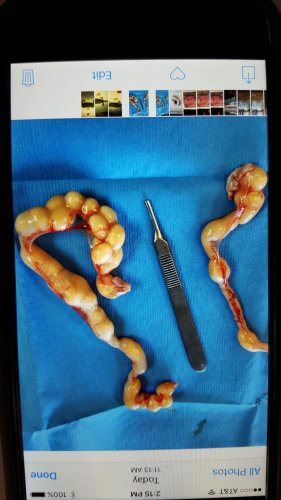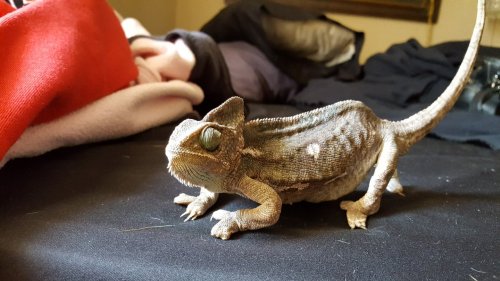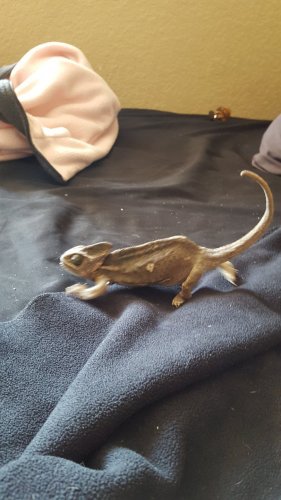Chachi
Established Member
My chameleon has been spayed but she is still digging. She was an emergency surgical and im posting. Pic of what they got. This is everything so why would she dig. Hysterically gravid? Idk. But im scared she is gonna die and i feel so helpless to help her. Does anyone know.



